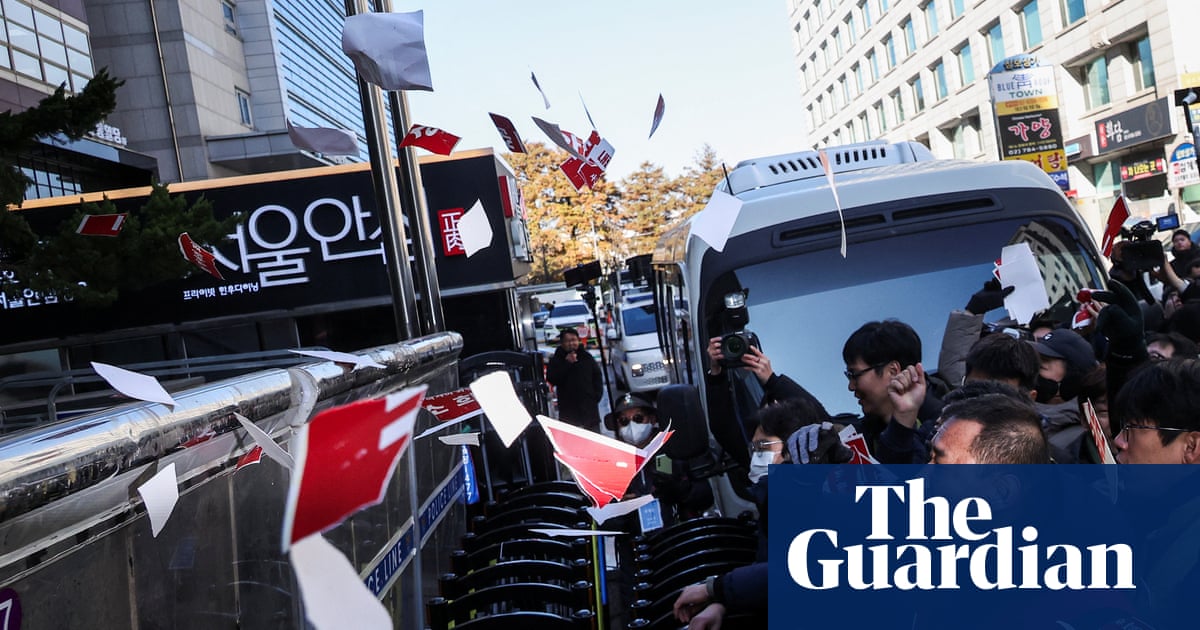SKorea: President Faces Travel Ban After Martial Law Attempt

The Facts
South Korean President Yoon Suk Yeol has been placed under a travel ban following his failed attempt to impose martial law, which lasted only six hours before being voted down by parliament.
The ruling People Power Party boycotted an impeachment vote against Yoon while proposing that he delegate powers to Prime Minister Han Duck-soo until his early resignation.
The Spin
Pro-establishment narrative
Yoon's decision to impose martial law turned out to be a serious mistake, leading to significant turmoil within the political system. In an effort to maintain government stability and prevent further chaos, the ruling party suggested that Yoon remain president while delegating some of his powers to others. This strategy allows for a controlled transition of power — especially during a time of high regional tensions.
Establishment-critical narrative
The arrangement to keep Yoon in office while transferring his powers constitutes an unconstitutional soft coup that undermines fundamental democratic principles. This represents a second attempt to erode civilian rule, following the unsuccessful declaration of martial law. Holding onto power and refusing to impeach Yoon amounts to a "second coup" and must not be tolerated.


